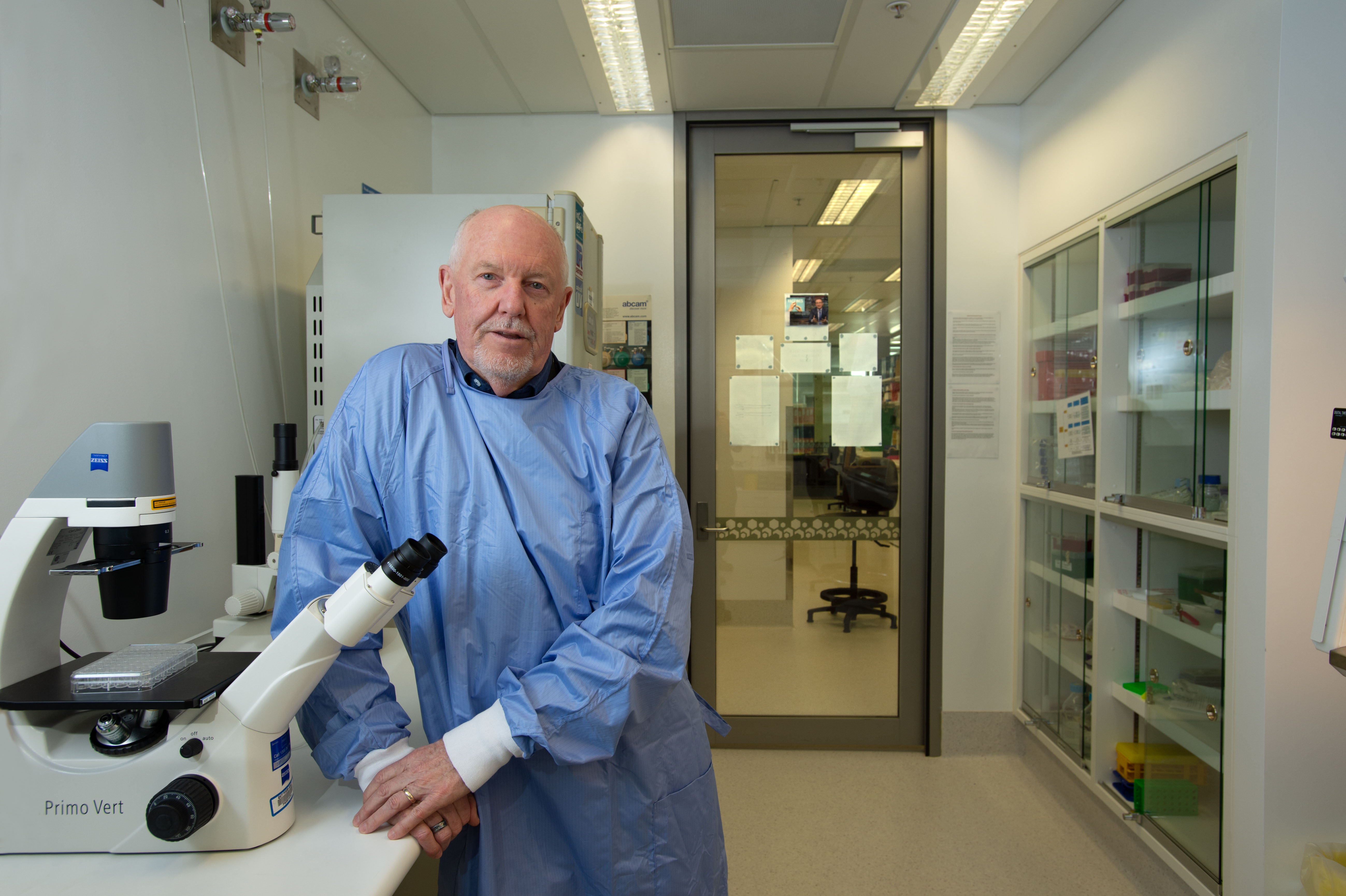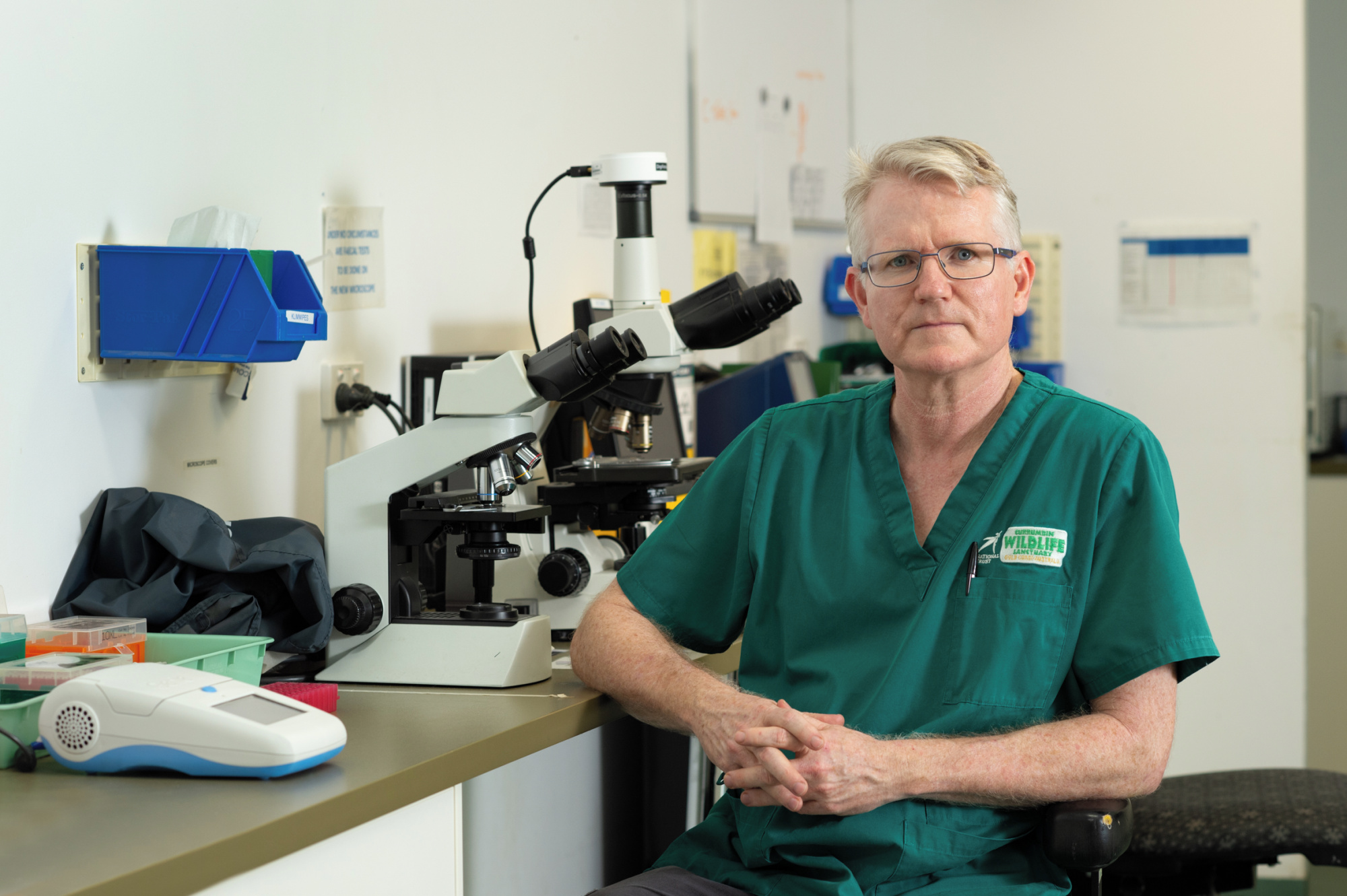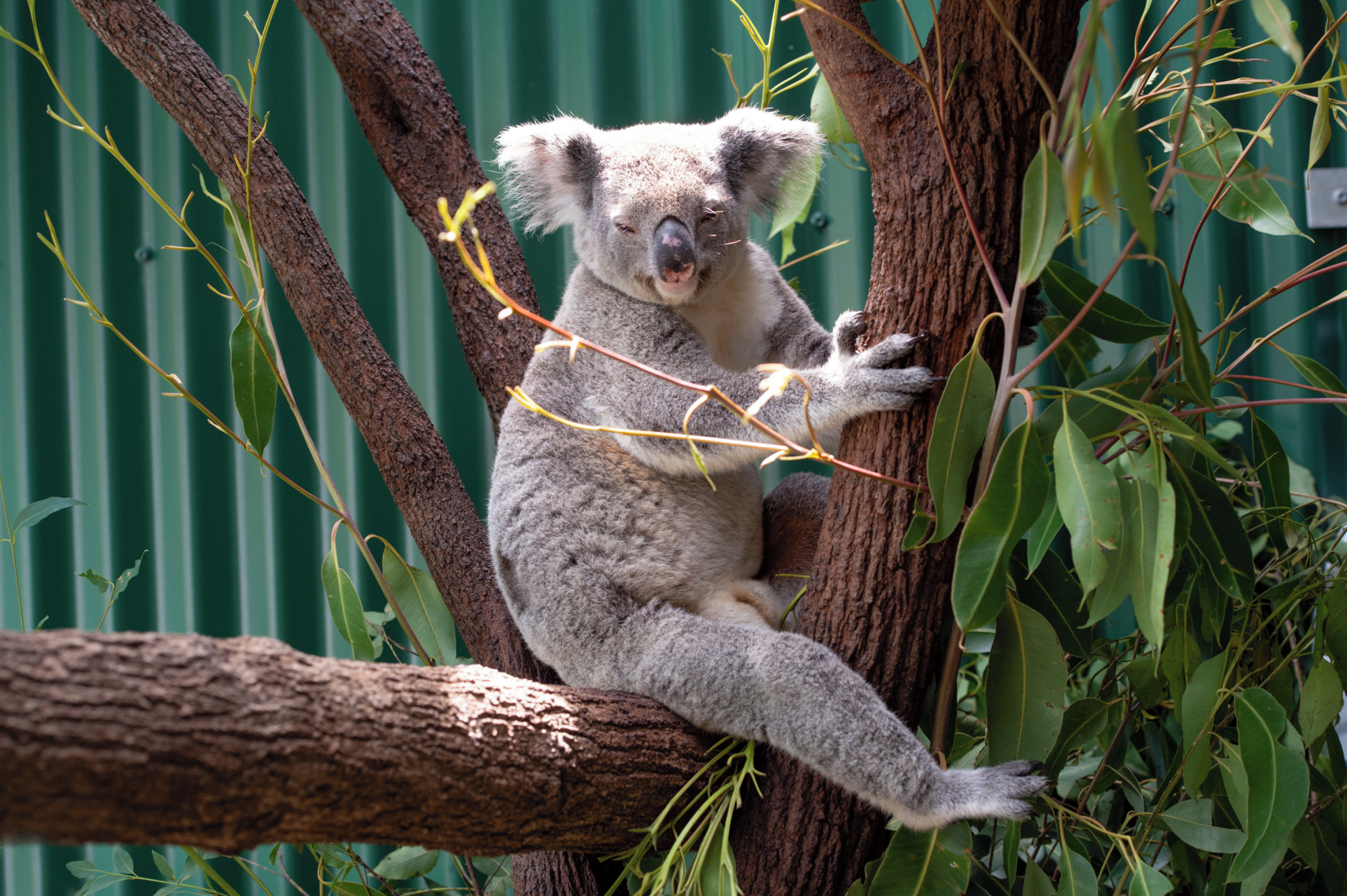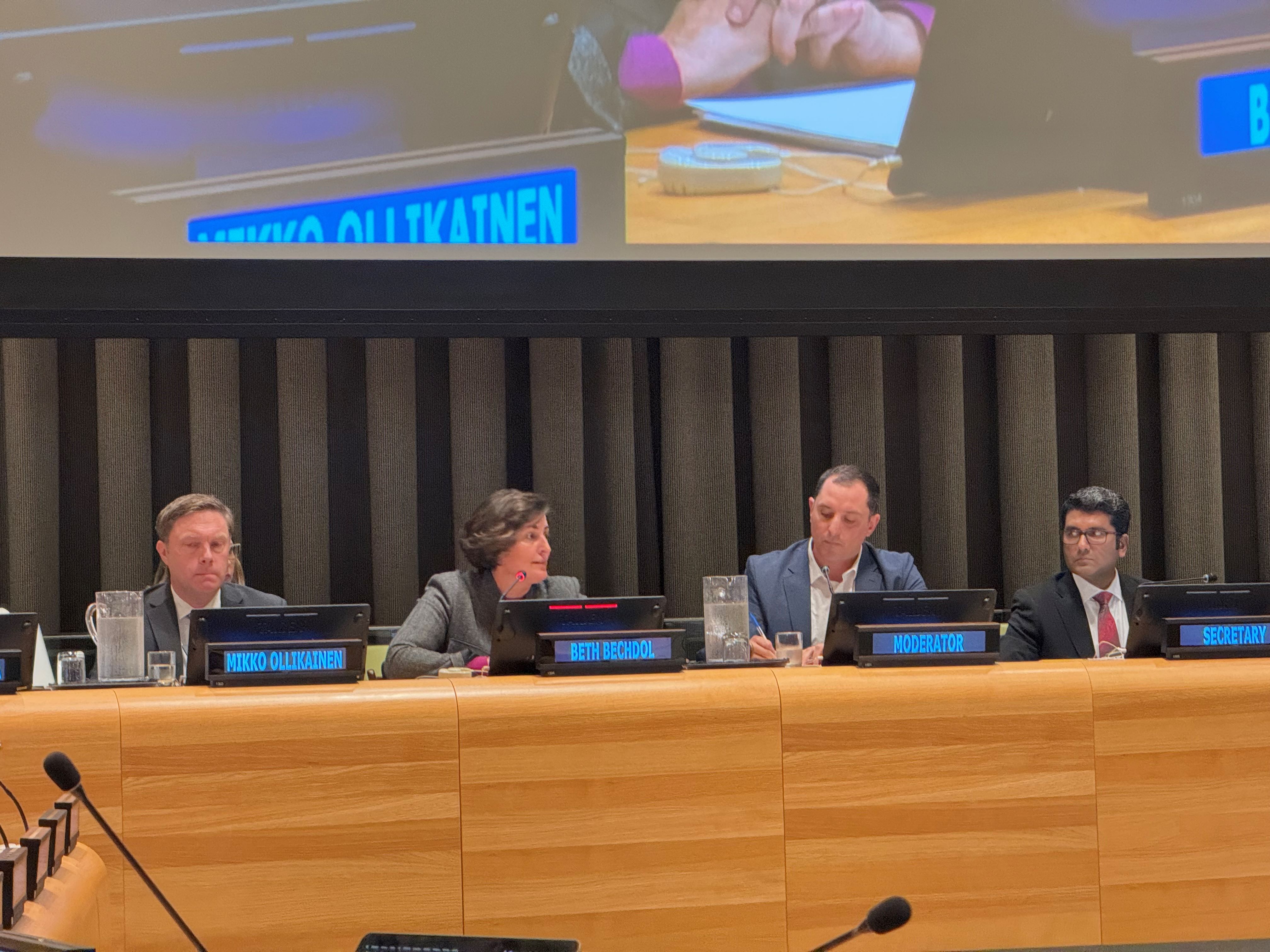A world-first QUT study to vaccinate a wild koala population in the Gold Coast hinterland against the deadly Chlamydia disease has exceeded expectations of researchers, with a new grand joey added to the brood.
The isolated colony of koalas, located in Elanora, was declining due to a 70 per cent incidence of chlamydial disease when the study began two years ago.
- Young vaccinated koalas are thriving despite living in a densely diseased area.
- Twenty-five joeys delivered to healthy females with 250 animals vaccinated so far.
- Koalas are vaccinated on days zero and 30, then checked every six months, then again at 12-month intervals.
- The hope is to prevent koala extinction in this area of the Gold Coast.
The Chlamydia bacteria continues to decimate koala populations Australia-wide, causing blindness, infertility, and urinary tract infections.

Professor Ken Beagley, from QUT’s School of Biomedical Science, and his team developed a trial vaccine after 10 years of hard work in the laboratory, in captive-bred koalas and wild koalas.
“The results from this unique study are to date outstanding and have exceeded my expectations,” Professor Beagley said.
“Twenty-five joeys have been born to vaccinated females in the Elanora population and we now have the first second generation from the daughter of a vaccinated female.”
The grand joey was named Ya, after its mother Yadda and grandmother Yadda Yadda.
“Importantly, all females and the joeys were Chlamydia-negative at 12 months, with some still negative at 18 and 24 months,” Professor Beagley said.
“We are now vaccinating joeys around the time of separation from the mother.”

The research, run in collaboration with Currumbin Wildlife Hospital’s senior veterinarian Dr Michael Pyne, involves vaccinating 10-20 per cent of young wild koalas to determine if the treatment reduces the incidence of disease and increases population rates.
The animals are captured, given a health check, and tested for Chlamydia using the rapid DNA test to detect the disease, developed by QUT and researchers from the University of Queensland.
Dr Pyne said more than 250 wild local koalas have been vaccinated and included those treated and released through Currumbin Wildlife Hospital as well as the Elanora population.
 Professor Beagley said the trial had three more years to run, with the next steps to source additional funding and to get the vaccine registered.
Professor Beagley said the trial had three more years to run, with the next steps to source additional funding and to get the vaccine registered.
“It is my passion; it is why I have not gone into full retirement. The number of joeys we have had and the fact that all of them are still negative for chlamydial disease is the most exciting outcome to date,” he said.
“I anticipate much interest when the young joey, known as Ya, undergoes the next check-up, and it’s hoped there might be a few more grand joeys added to the colony before then.”
The Gold Coast City Council will repeat a population and disease incidence survey at Elanora at the end of the trial.
Professor Beagley is a member of QUT’s Centre for Immunology and Infection Control, an inter-disciplinary and cross-sectoral innovation hub investigating and developing tools to diagnose, prevent and treat diseases resulting from immune dysregulation or pathogen infection.
Top picture: Cassidy receiving her biannual check-up at Currumbin Wildlife Hospital.







